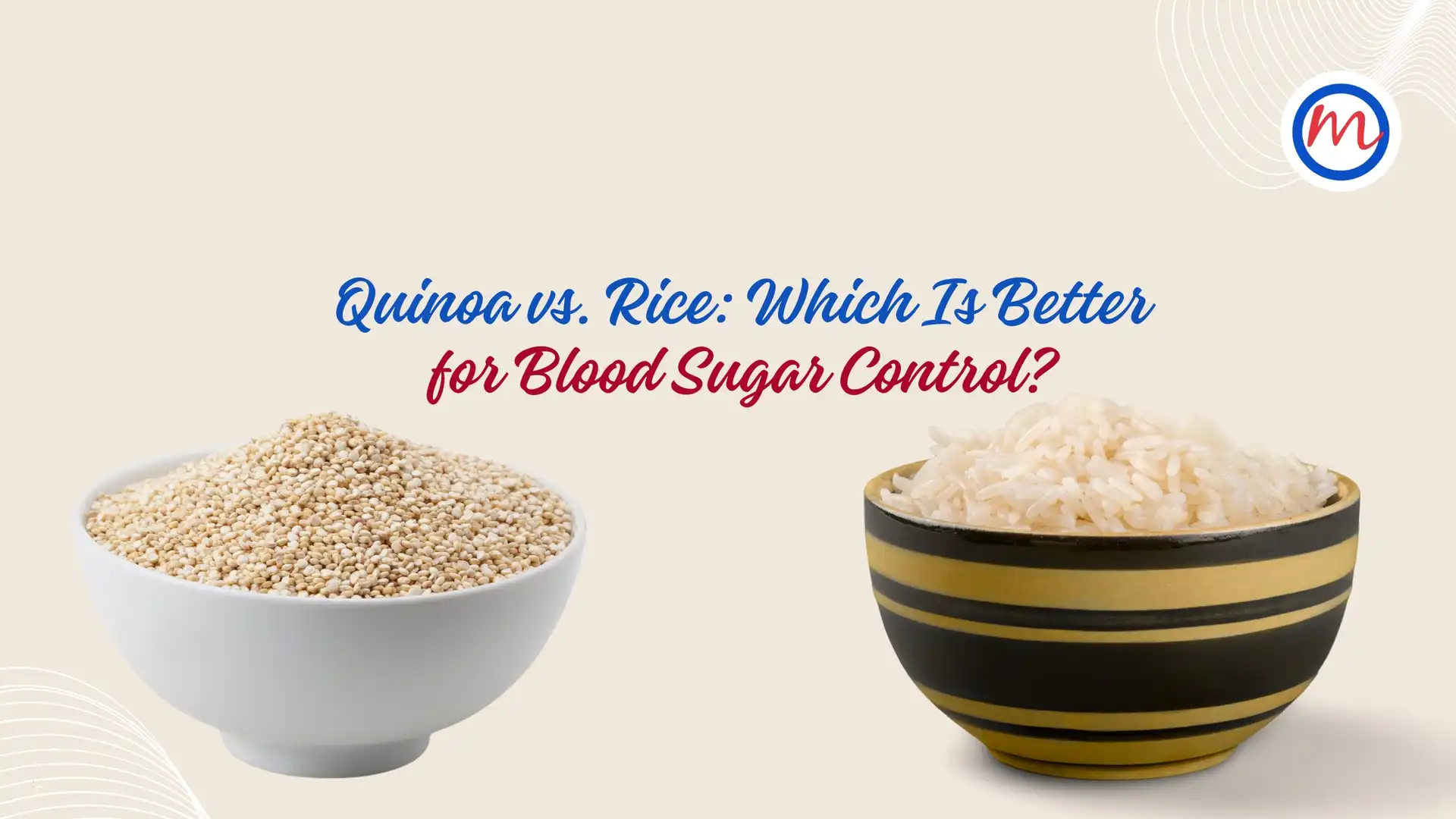After an unpredictable pandemic has taken an unbelievable toll, after 88 million people have been infected worldwide and 1.9 million dead, the only silver lining is the hope for a vaccine that would defang the novel coronavirus, SARS-CoV2, and spare humanity from harm. From the end of 2020, the vaccine euphoria has been on an upswing. In a medical miracle, at least, six vaccines are ready.
Yet, just as the world is gearing up to roll out the new vaccines—from frontline personnel to the general population—worries are mounting. A new kind of debate has gripped the world on the prioritisation of people to receive the early limited supply of vaccines. And diabetes is in the spotlight. Unless scientists and policymakers make the right decision and bring the debate to a close soon, far too many lives are likely to be wasted in the process. Like everything else, time is the great determiner.
PEOPLE WITH COMORBIDITY
Thanks to Covid-19, everybody now knows about the medical word, ‘comorbidity.’ It is a word doctors use when people suffer from more than one underlying health-related conditions at the same time. These are generally non-communicable, chronic diseases: from high blood pressure, diabetes, heart diseases, arthritis, stroke to cancer. Scientists have reported that people with comorbidities are more vulnerable to Covid-19, along with obesity and old age. Just for the record: about 200 million Indians have hypertension (high blood pressure), 77 million have high blood sugar (diabetes), 54.5 million have heart disease.
People with these three comorbidities are on the priority list of the Indian government’s immunization list, as it rolls out two vaccines to people age 50 and above, especially those who have the above comorbidities. Dr Randeep Guleria, director of All India Institute of Medical Sciences (AIIMS), is at the helm of the team that’s preparing this list. On January 19, however, Bharat Biotech, the maker of India’s first indigenously developed Covid-19 vaccine, has released a factsheet detailing who “should not” take its vaccine (Covaxin) right now: people with comorbidities. The announcement has left the nation stunned.
DIABETES IN THE EYE OF THE STORM
Yet another debate is raging around comorbidities. In the US, it has been triggered by a December notification by the Centers for Disease Control and Prevention (CDC), the leading public health agency. The CDC has categorized two types of diabetes—type 1 and type 2—differently in terms of risk of severe illness from Covid-19. The CDC has prioritized people with type 2 diabetes, for being “at increased risk for severe illness” but not type 1 diabetes. Type 2 people will get the vaccine right after frontline workers, type 1 later, with the general population.
Ever since the pandemic started, clinical reports have described greater virulence and death rate in people with diabetes. Scientists have pointed out that once infected with Covid-19, people with diabetes are three times more likely to have a severe illness, requiring hospitalisation, compared to people without diabetes. Most of these observations, however, are from people with type 2 diabetes—the most common type of the disease. Much less is known about the risk of type 1 diabetes, a distinct disorder.
PROTEST AND NEW RESEARCH
To many, the CDC classification is problematic, because of its impact on policymaking related to the vaccine—not just in the US but across the world. A large swathe of US researchers and clinicians are up in arms, asking for an immediate revision by the CDC and demanding that people with either form of diabetes—alongside other high-risk medical conditions that increase the risk of getting very sick with Covid-19, such as heart or lung disease—should be put in the same high-risk category
They are also calling on public health officials in the US, as well as in other countries, to carefully consider new research, as recommendations for vaccine prioritization are being developed. Several recent studies, however, show that both type 2 diabetes and type 1 create increased vulnerability to serious illness from SARS-CoV-2. The odds of cases with both types of diabetes are similar for hospitalization, the severity of illness and death at the hospital. In any case, experts caution against extrapolating type 2 results for type 1.
A team of investigators from the Vanderbilt University Medical Center in Nashville, Tennessee, identified electronic health records of more than 6,000 patients who had a Covid-19 diagnosis between mid-March and mid-August. They compared the overall impact of Covid-19 on those with type 1 diabetes, type 2 diabetes and those without any of these. They then closely reviewed the medical records and contacted people by telephone to gather more information on how Covid-19 impacted their health. Their data, published in the December issue of Diabetes Care, the journal of the American Diabetes Association, show that people with type 1 diabetes are at just as high a risk of dying from Covid-19 as those with type 2, if not higher.
Contrary to the CDC’s interpretation, UK health officials have included both type 1 and type 2 diabetes in their priority list, going by new research. A Lancet Diabetes & Endocrinology study published in August 2020, mined 61 million medical records from the National Health Service in England to conclude that the risk of dying from Covid-19 was almost three times higher for people with type 1 diabetes and almost twice as high for type 2. In Scotland, another Lancet study said, being admitted to a critical-care hospital unit or dying was more than twice as likely for type 1 diabetes patients and nearly 1.5 times more likely for type 2 diabetes patients than for people without diabetes.
SCIENCE BEHIND THE DEBATE
People with diabetes are more likely to get infected with infections of any kind— viral, bacterial, or fungal. Their bodies do not process glucose well during illness, their inflammation rises, the immune response does not perform well, their circulation is impaired. Too much or too little glucose also wreak havoc on their kidney, the heart, the liver, as well as around the nerves. Obesity, which is more common in type 2 diabetes but can also occur in type 1, makes all these conditions worse.
Scientists also suspect that vascular endothelial cells, which form a critical barrier between the blood and the body’s tissues, don’t function well in people with either type of diabetes. These cells fine-tune the immune system and regulate factors that cause blood to clot. As a result, there is an exaggerated inflammatory immune response among people with diabetes, leading to capillary leakage in the lungs, and blood clotting throughout the body. Both the groups have similar problems with these cells and are at higher risk for severe outcomes, compared with those who do not have diabetes,
AN UNFOLDING BATTLE
As new evidence piles up, there is a growing clamour for the CDC to revise its assessment. But so far, the CDC has just reiterated its guidelines.



